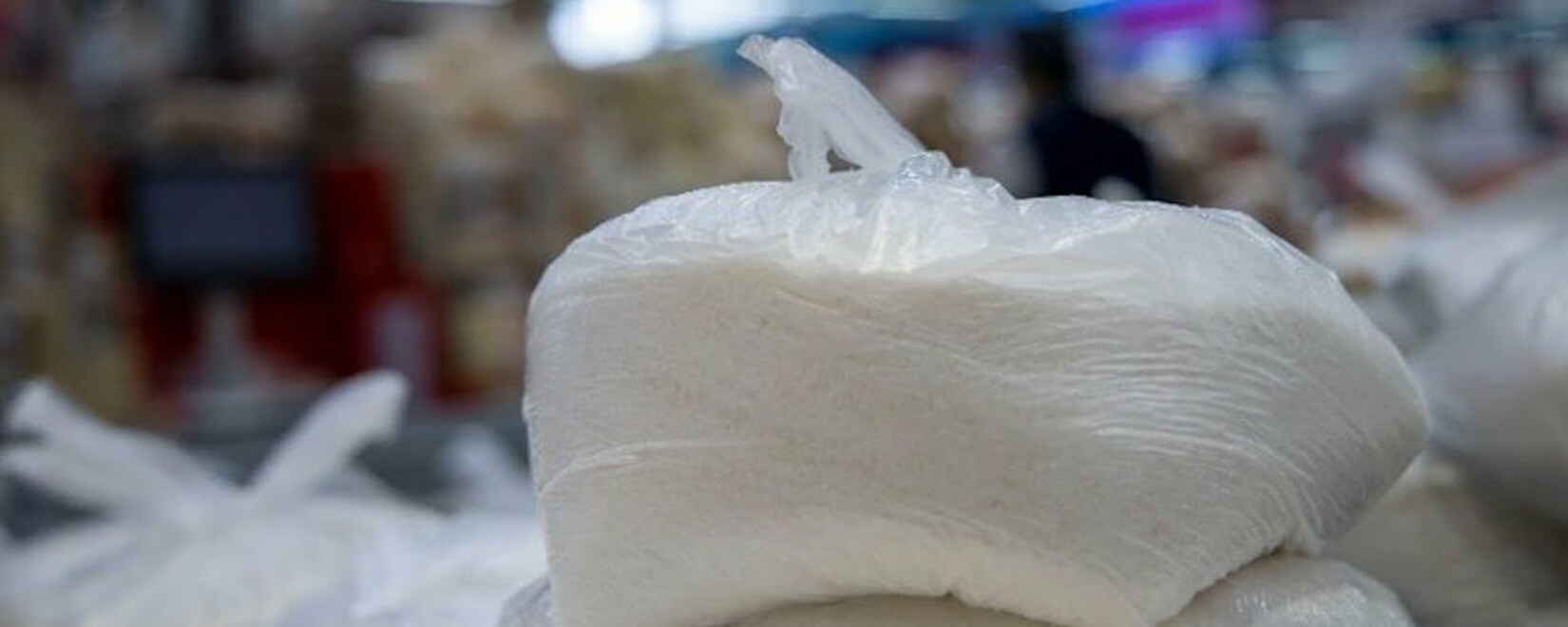
Record sugar production is expected in Brazil in the 2024/25 season to compensate for the supply shortfall from India and Thailand.
In Brazil, sugar production is expected to increase to 43.1 million tons in the next season. Sugar is becoming more preferable than ethanol due to higher profitability. The country will be able to compensate for the sugar deficit and limit price growth by increasing production. India and Thailand will face problems in sugar production.
In the largest sugar-producing region in Brazil, a significant increase in sugar production is expected in the 2024/25 season. The company Datagro, specializing in the analysis of the sugar and ethanol industries, anticipates that production will reach a record level of 43.1 million tons. Despite a reduction in sugarcane supplies, company representatives are confident that factories in the main central-southern region of Brazil will be able to increase production by favoring sugar over ethanol. As a result, Brazil will be able to compensate for the supply shortfall from India and Thailand, the world's other two largest sugar producers, and restrict the rise in prices for this product.
While India is facing a sugar deficit and may need to import it next year, sugar production in Thailand is expected to decrease by approximately 25%, reaching 8-8.5 million tons. Meanwhile, sugar production in Brazil is projected to be at 42.23 million tons in the upcoming season.
The director of Datagro emphasized that even after a recent correction in sugar prices, sugar production remains more profitable than ethanol production. Therefore, the company expects an increase in the proportion of sugarcane grown for sugar production from 49% in the current season to 52.4% in the next one. At the same time, ethanol production from sugarcane will decrease to 31 billion liters, while corn ethanol production could increase to 7 billion liters.

 Trading platform
Trading platform 
 Monitoring
Monitoring  Express applications
Express applications 
 Fork Work
Fork Work 
 Service
Service  News
News  Directory
Directory 